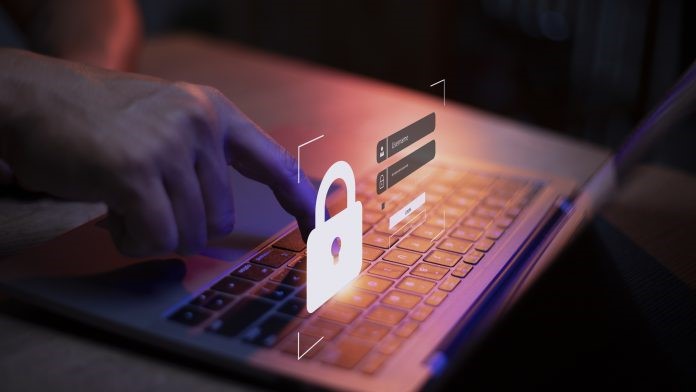Getting lawyers to appreciate technology is a difficult task indeed.
As technology transforms the legal practice, electronically stored information (ESI) is a big addition to the paper evidence as the lawyer’s primary stock in trade. This is the future of the legal profession – ESI and ability to mine, analyze and make sense of lots of data. Contemporary law firms are leaders in big data, artificial intelligence and machine learning. Imagine a software that can predict a magistrate’s or jury’s decision upon in putting case facts.
Digital evidence is now critical than ever. And it keeps increasing as precedence is generated and technology adoption extends to Internet of Things (IoTs) where home appliances are part of the overall scheme of devices connected to the Internet and with potential court admissible evidence.
Also read: The state of cybersecurity in Uganda
Just 1 GB of data is estimated at about 138,000 pages of A4 text if printed. That is 276 books of 500 pages each! Just imagine your 520 GB laptop carries more data than the books in the major libraries combined. In Uganda you are talking about Makerere University Library, National Library and Aristock Bookshop combined! Today, over 95% of all documents are first created using computers. Daily electronic mail and telephone usage traffic far outstrips postal mail and other hard copy documents. As I have said before, digital technology impacts every aspect of our lives. The crimes and disputes which carry us to the courtroom are no exception.
Far more information is retained by a computer than most people realize. Without the right tools and techniques to preserve, examine and extract data, legal officers run the risk of losing something important, rendering what you find inadmissible, or even causing spoliation of evidence.
The Government of Uganda through the Ministry of Finance Planning and Economic moved away from the traditional (manual) accounting systems to automated systems including the integrated financial management systems (IFMS). The Government has also to date implemented the Electronic Funds Transfer (EFT) and the Integrated Payroll and Personal System (IPPS). In all ministries, government has invested heavily in personal computers, network infrastructure and internet access, among others. Senior staff nowadays use mobile phones, flash disks, DVDs and a plethora of digital gadgets to store and transfer information. The Judiciary is not an exception. As a government institution, some Judiciary systems are integrated with other government institution systems. Even then, the Judiciary has invested heavily in ICT, computer hardware and software.
Taken together, the use of computers and other digital tools to collect, store, process and produce data is on the rise. This electronically stored information (ESI) is mission critical to government and in the administration of justice.
Check out: Certified Fraud Forensics Professional course
Lawyers are required to address technical issues like metadata early in the legal discovery process. Under the Federal Rules of Civil Procedure (FRCP), Rule 34, “Litigators should include metadata in all their deliberations with client and counsel about electronic data to be produced and preserved including their ‘meet and confer’ discussions.”
It is no longer a matter of choice. To implement the Computer Misuse Act, 2010, Laws of Uganda, the judicial officers and magistrates must have basic understanding about qualities of digital evidence, spoliation, and legal hold, among others.
You need to have an ounce of understanding of what the ‘expert’ is saying to gain unbiased understanding of the facts at hand to administer justice accurately.
To be continued.









